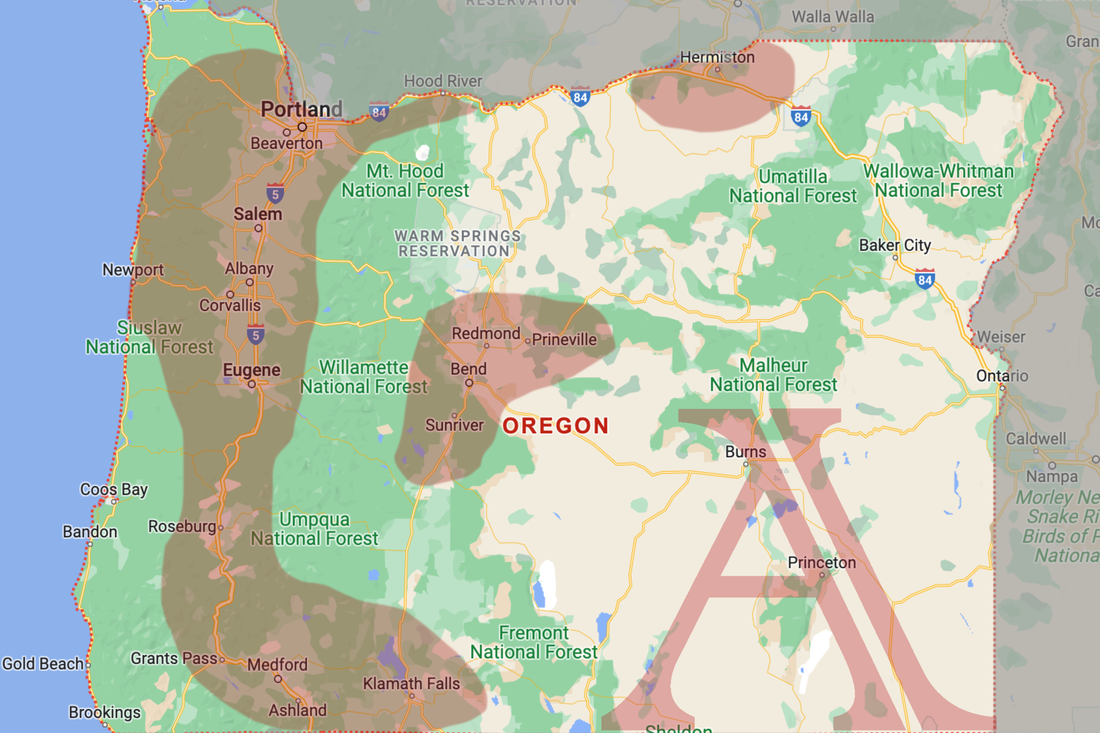Your HOA Community Pool: From Open to Close
Homeowners’ Association (HOA) community or neighborhood pools serve as refreshing oases during hot summer days, offering a place for residents of the HOA to gather and enjoy outdoor activities. Ensuring the safety and cleanliness of such a pool requires diligent maintenance and a comprehensive annual inspection. In this article, Aperion Community Manager Mindy Miranda, will guide you through the key steps involved in managing a community pool, from the prep before opening, to closing it at the end of the summer season. Let's dive in!
Permits to Open the Community Pool
Before opening the pool to the public, it is essential to comply with local regulations and obtain the necessary permits. Your HOA community manager works with your local authorities and health department to inquire about any new requirements for operating a community pool. This may involve completing permit applications, providing documentation on safety measures and sometimes in-person walkthroughs of your facility. This all happens weeks before your community’s pool is scheduled to open.
Initial Inspections
Once the permits are in order, it’s necessary to conduct a thorough initial inspection of the pool and its facilities. A thorough check of the pool structure, deck, fencing, lifeguard chairs (if applicable), and emergency equipment to ensure they meet safety standards is completed. Your HOA community manager identifies any potential hazards or maintenance needs and addresses them promptly. Maintaining a safe, upkept environment is crucial for the well-being of pool users, and a “must do” before the pool gates open.
Ongoing Inspections and Water Tests
Regular inspections and water tests are conducted to maintain water quality and prevent the spread of waterborne illnesses. Your HOA community management company schedules for ongoing inspections, covering various aspects such as water chemistry, filtration systems, pool equipment, and safety features. Equipment that monitors and records chemical levels regularly, including pH, chlorine, and alkalinity, are tested and adjusted by professionals as needed to ensure optimal water quality.
Closing the Pool at the End of Summer
As the summer season comes to a close, it's important to properly close the pool to protect it during the colder months. This typically begins by lowering the water level and removing debris from the pool and surrounding area. Cleaning and storing pool equipment appropriately, such as ladders, diving boards, pool covers and other items helps ensure the pool can open on time next summer. A final inspection is completed in order to identify any necessary upcoming repairs or maintenance tasks that need to be addressed before the pool reopens next season.
Maintaining a community pool involves several crucial steps, from obtaining and renewing permits to conducting regular inspections and water tests. By following these steps and implementing a comprehensive maintenance plan, your HOA and pool monitors can ensure a safe and enjoyable swimming experience for all community members.
Remember, proper care and attention throughout the season will help extend the lifespan of the pool and make it a beloved amenity for years to come. If you see something wrong with your community pool this summer, be sure to reach out to your HOA company and alert them to the issue!
Happy swimming!
By Mindy Miranda, Aperion Senior Community Manager
Permits to Open the Community Pool
Before opening the pool to the public, it is essential to comply with local regulations and obtain the necessary permits. Your HOA community manager works with your local authorities and health department to inquire about any new requirements for operating a community pool. This may involve completing permit applications, providing documentation on safety measures and sometimes in-person walkthroughs of your facility. This all happens weeks before your community’s pool is scheduled to open.
Initial Inspections
Once the permits are in order, it’s necessary to conduct a thorough initial inspection of the pool and its facilities. A thorough check of the pool structure, deck, fencing, lifeguard chairs (if applicable), and emergency equipment to ensure they meet safety standards is completed. Your HOA community manager identifies any potential hazards or maintenance needs and addresses them promptly. Maintaining a safe, upkept environment is crucial for the well-being of pool users, and a “must do” before the pool gates open.
Ongoing Inspections and Water Tests
Regular inspections and water tests are conducted to maintain water quality and prevent the spread of waterborne illnesses. Your HOA community management company schedules for ongoing inspections, covering various aspects such as water chemistry, filtration systems, pool equipment, and safety features. Equipment that monitors and records chemical levels regularly, including pH, chlorine, and alkalinity, are tested and adjusted by professionals as needed to ensure optimal water quality.
Closing the Pool at the End of Summer
As the summer season comes to a close, it's important to properly close the pool to protect it during the colder months. This typically begins by lowering the water level and removing debris from the pool and surrounding area. Cleaning and storing pool equipment appropriately, such as ladders, diving boards, pool covers and other items helps ensure the pool can open on time next summer. A final inspection is completed in order to identify any necessary upcoming repairs or maintenance tasks that need to be addressed before the pool reopens next season.
Maintaining a community pool involves several crucial steps, from obtaining and renewing permits to conducting regular inspections and water tests. By following these steps and implementing a comprehensive maintenance plan, your HOA and pool monitors can ensure a safe and enjoyable swimming experience for all community members.
Remember, proper care and attention throughout the season will help extend the lifespan of the pool and make it a beloved amenity for years to come. If you see something wrong with your community pool this summer, be sure to reach out to your HOA company and alert them to the issue!
Happy swimming!
By Mindy Miranda, Aperion Senior Community Manager


